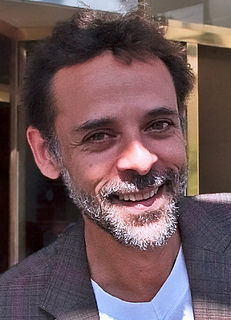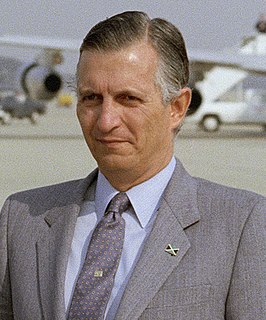A Quote by Joyce Appleby
It is important to note that multiculturalism does not share the postmodernist stance. Its passions are political; its assumptionsempirical; its conception of identities visceral. For it, there is no doubting that history is something that happened and that those happenings have left their mark within our collective consciousness. History for multiculturalists is not a succession of dissolving texts, but a tense tangle of past actions that have reshaped the landscape, distributed the nation's wealth, established boundaries, engendered prejudices, and unleashed energies.
Quote Topics
Actions
Boundaries
Collective
Collective Consciousness
Conception
Consciousness
Dissolving
Distributed
Does
Doubting
Energies
Established
Happened
Happenings
History
Identities
Important
Landscape
Left
Mark
Multiculturalism
Nation
Note
Our
Passions
Past
Political
Prejudices
Share
Something
Stance
Succession
Tangle
Tense
Texts
Those
Unleashed
Visceral
Wealth
Within
Related Quotes
His voice was an omnipresent cry in our electronic world. His sharp features, majestic looks, and prancing style a vivid etching on the landscape of our minds. Bob Marley was never seen. He was an experience which left an indelible imprint with each encounter. Such a man cannot be erased from the mind. He is part of the collective consciousness of the nation.
What they teach you as history is mythology and true mythology is far from fantasy -- it is our true history. A bulk of our real history can be found in Egyptian and Greek mythology. Yes, myths reveal to us worlds of other dimensions that make up our true reality. History books teach us that the minds of the past operated on the same frequency, dimension, or level of consciousness as we do now. Not true at all.
Multiculturalism is a campaign to lower America's moral status by defining the American experience is terms of myriad repressionsand their victims. By rewriting history, and by using name calling ("Racist! Sexist! Homophobe!") to inhibit debate, multiculturalists cultivate grievances, self pity and claims to entitlements arising from victimization.
It is useful to remember that history is to the nation as memory is to the individual. As a person deprived of memory becomes disorientated and lost, not knowing where they have been or where they are going , so a nation denied a conception of the past will be disabled in dealing with its present and its future.
All of the agreed-upon pariahs throughout pop-culture history put their identities into the thing we decry. And yet we derive our own identities from the act of hating. We connect on the things we are disappointed in. Some may argue that nothing in history gathers a crowd like complaining about Lady Gaga's meat dress.
It was with the Industrial Revolution, as society plunged ever more eagerly into the conquest of material riches and bent all its energies to the accumulation of goods, that material poverty became a major problem. Obviously, this meant abandonment or downgrading of spiritual values, virtue, etc. To share or not to share in the increase of the collective wealth-this was the Number One question. It was the desire to acquire wealth that prompted the poor to start fighting.
Our mind has its history, just as our body has its history. You might be just as astonished that man has an appendix, for instance. Does he know he ought to have an appendix? He is just born with it....Our unconscious mind, like our body, is a storehouse of relics and memories of the past. A study of the structure of the unconscious collective mind would reveal the same discoveries as you make in comparative anatomy. We do not need to think that there is anything mystical about it.
Our problem is that the climate crisis hatched in our laps at a moment in history when political and social conditions were uniquely hostile to a problem of this nature and magnitude-that moment being the tail end of the go-go '80s, the blastoff point for the crusade to spread deregulated capitalism around the world. Climate change is a collective problem demanding collective action the likes of which humanity has never actually accomplished. Yet it entered mainstream consciousness in the midst of an ideological war being waged on the very idea of the collective sphere.







































